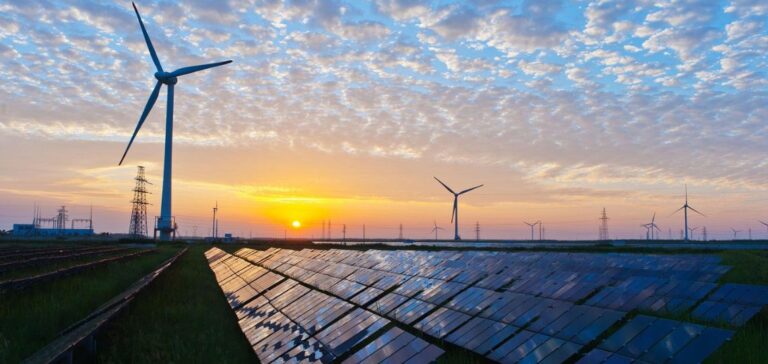At the 14thIRENA (International Renewable Energy Agency) Assembly in Abu Dhabi, the UNEZA Alliance presented its roadmap to 2030. The plan aims to increase members’ renewable energy capacity to 749 GW, tripling their current capacity. Francesco La Camera, Director General of IRENA, stresses that this acceleration is crucial for an effective energy transition. The adoption of this roadmap marks a strong commitment by the world’s utilities to a sustainable energy future.
Strategic collaboration and challenges
Jasim Husain Thabet of TAQA and Martin Pibworth of SSE, co-presidents of UNEZA, stressed the need to modernize infrastructure to overcome the challenges of energy transition and to unlock capital flows. Their speeches at the meeting called for greater collaboration between industry and regulators to remove major obstacles and facilitate the necessary investment in power grids.
Implications for industry and global policies
UNEZA’s new strategic direction is likely to redefine global energy policies. By promoting the deregulation of supply chains and soliciting active political and regulatory support, the Alliance aims to create a favorable environment for substantial investment. These measures should encourage political decision-makers to involve industry more actively in solving energy problems.
The path mapped out by UNEZA is a strong signal for the global energy market, promoting a future aligned with sustainable development goals. By focusing on green infrastructure and sector collaboration, the Alliance hopes to establish a model for other regions and sectors, illustrating how innovation and cooperation can lead to successful energy transformation.






















